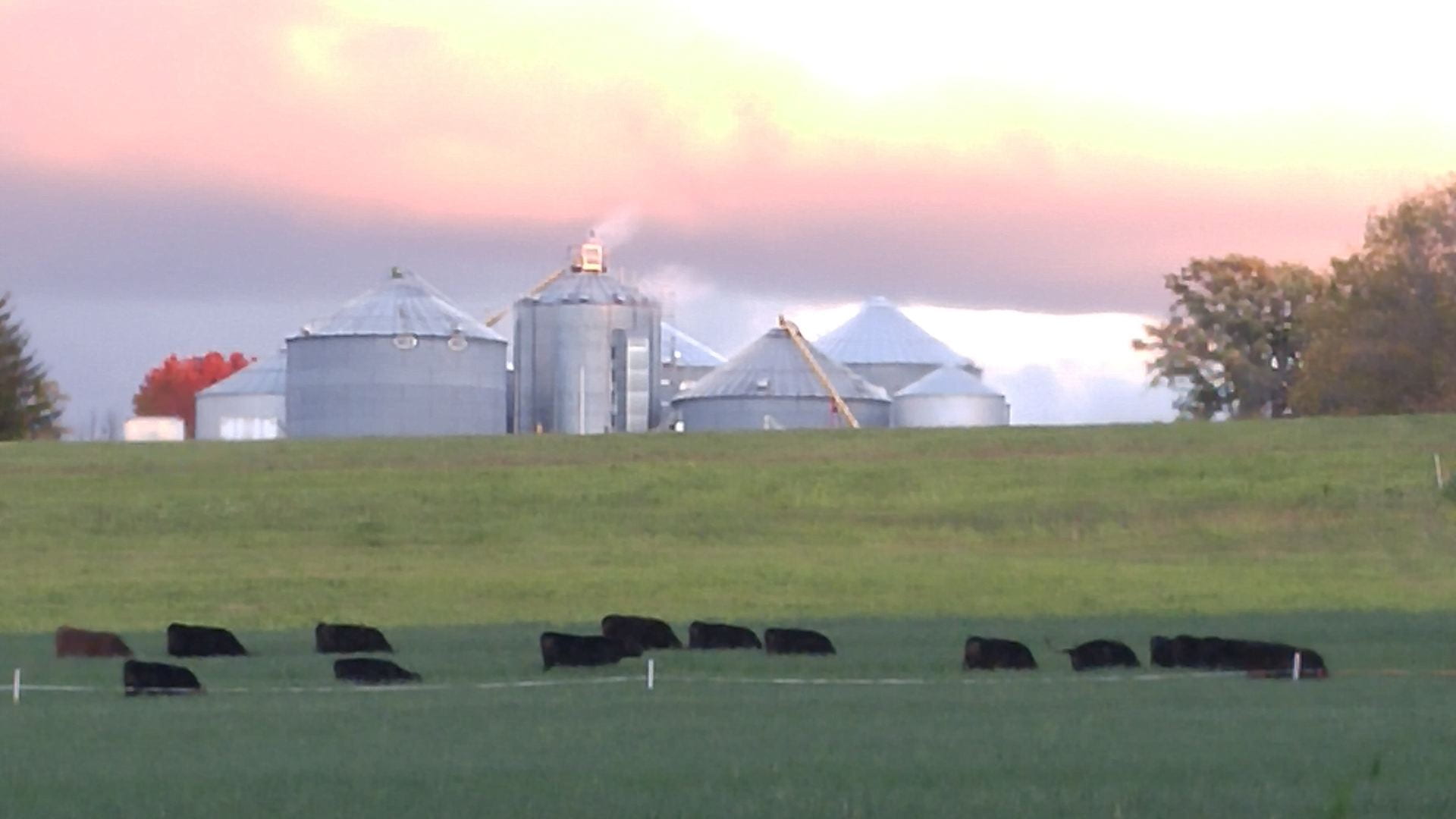Summary: Cornell University is developing a hyperlocal weather forecasting system as part of the National Science Foundation-funded CIVIC Innovation Challenge Competition. Hyper-local weather forecasting has the potential to improve highway safety, increase farming productivity and reduce infrastructure damage by providing actionable real-time weather information to these critical sectors. As the CIVIC Competition emphasizes the community-driven process, the research team is conducting a survey to solicit ideas from farmers, community organizations, state and local governmental agencies. The link to the survey is https://cornell.ca1.qualtrics.com/jfe/form/SV_eWGpdhiQ380h4nI. Your timely response is greatly appreciated.
More information about the CIVIC Competition can be found from the following media reports:
Cornell Chronicle Article: https://news.cornell.edu/stories/2021/02/nsf-challenges-cornell-tame-winter-natural-disasters
Spectrum News: https://spectrumlocalnews.com/nys/central-ny/weather/2021/03/14/applying-science-to-new-york-weather
